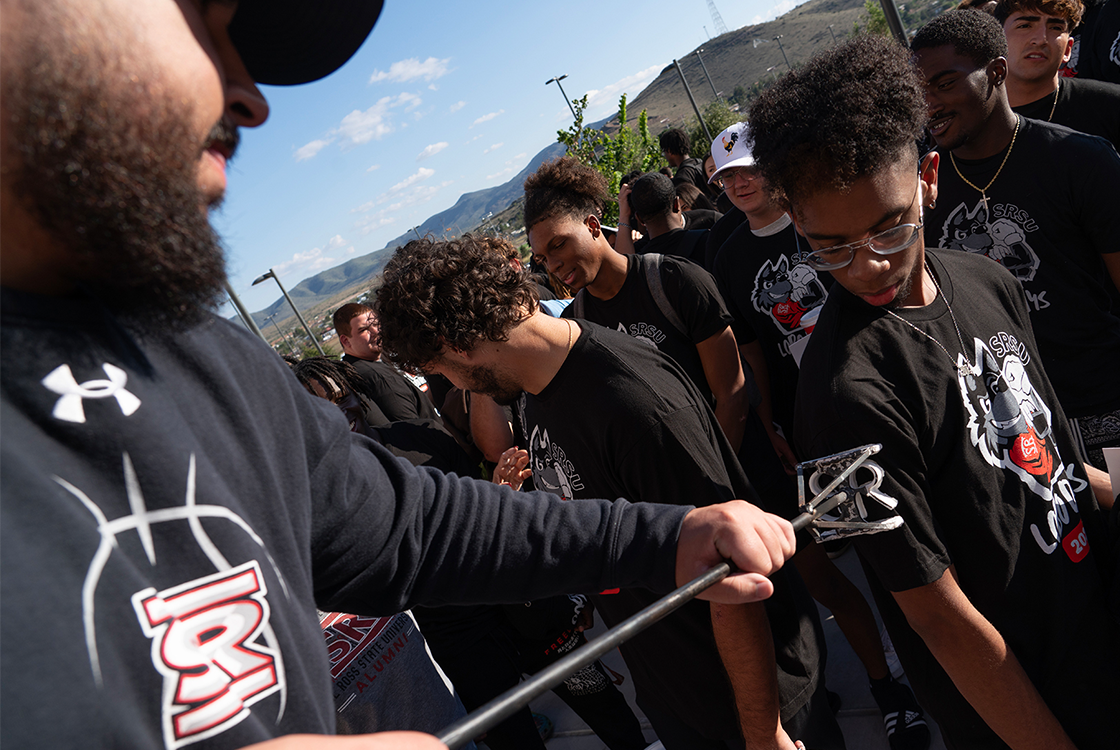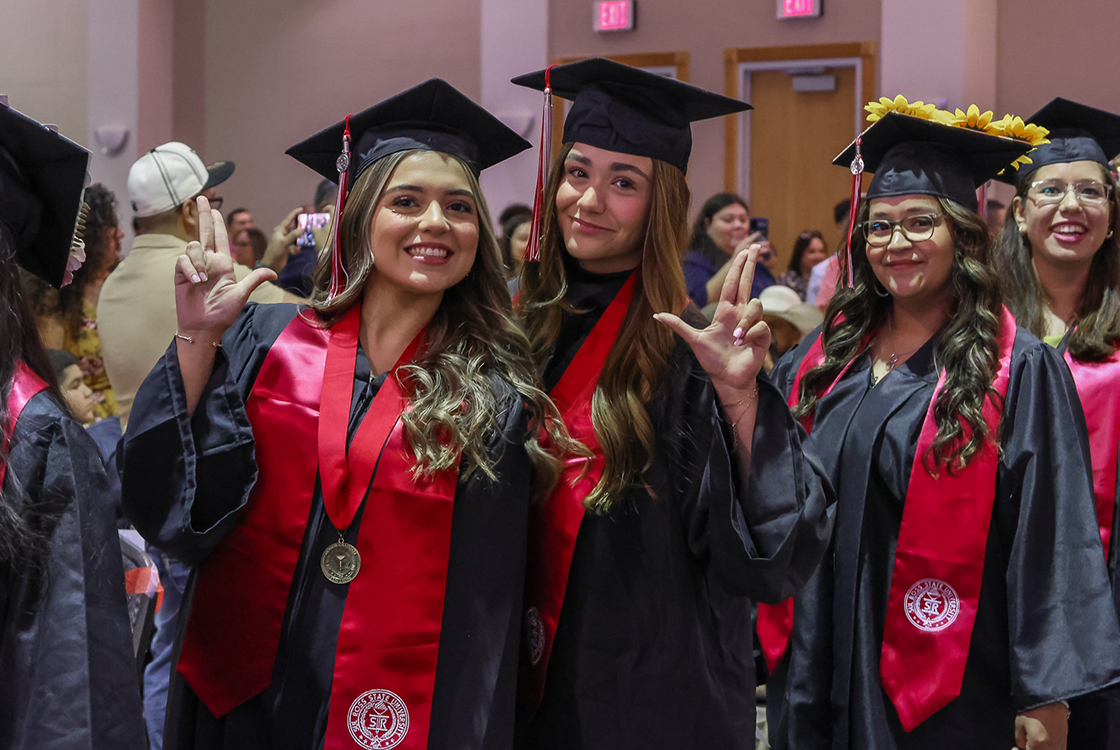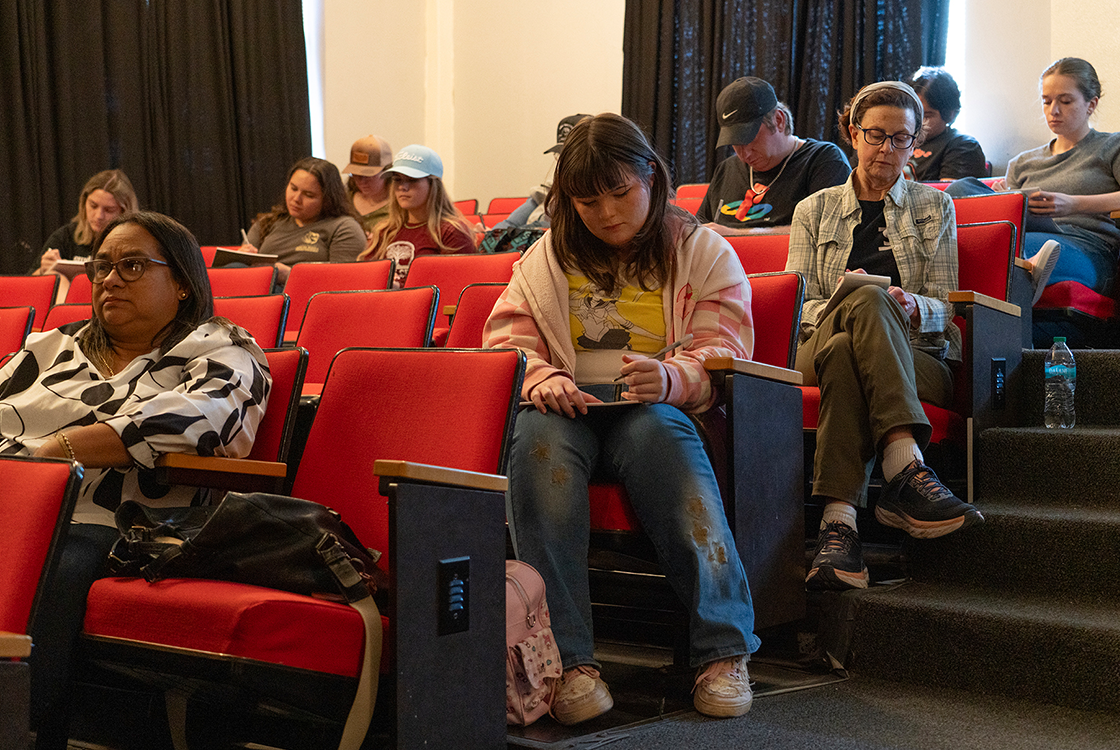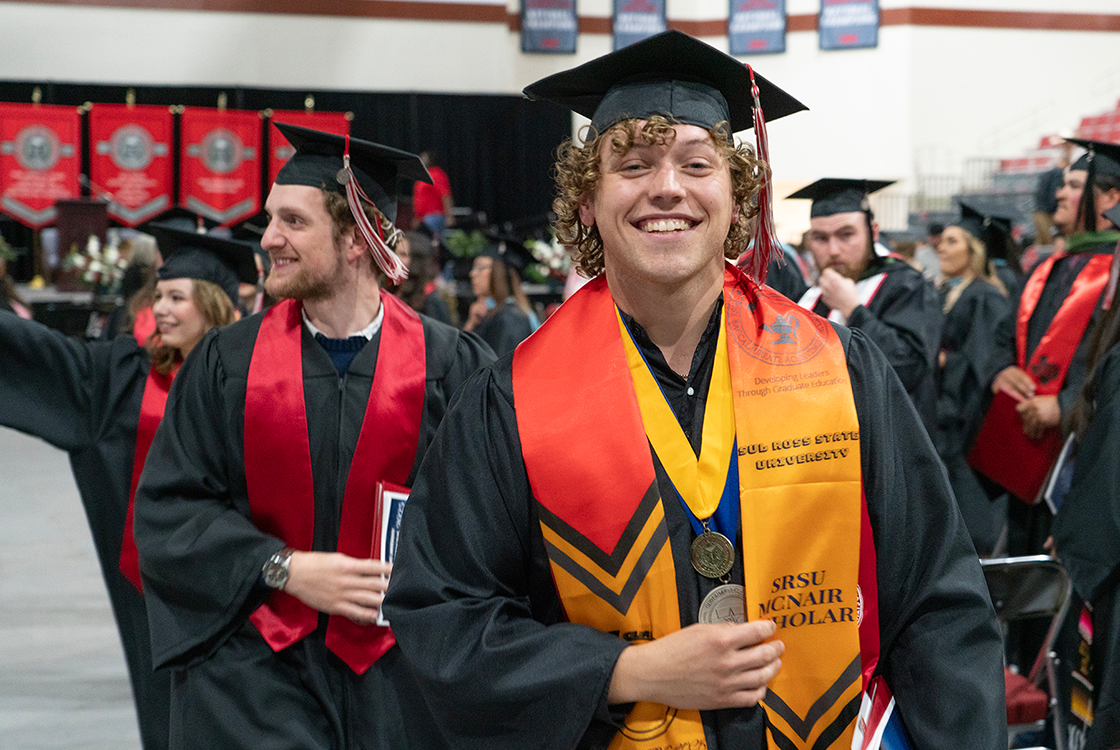Our Biology program emphasizes an organismal and ecological approach to the life sciences, with unique field-based opportunities in the Chihuahuan Desert region. Students explore plant and animal interrelationships through ecological, evolutionary, and co-evolutionary studies, gaining broad preparation for careers in biology, wildlife, healthcare, and education.
Bachelor of Science in Biology
This flexible degree can be tailored for:
-
Field biologists and wildlife professionals
-
Lab-focused and microbiological careers
-
Pre-health pathways including pre-med, pre-dental, and allied health fields
Students may also pursue teacher certification in life or composite sciences, or wildlife biologist certification through The Wildlife Society.
Facilities & Resources
Our department houses one of Texas’ largest herbaria, renowned vertebrate and insect collections, modern greenhouses, and laboratories for microbiology and molecular biology.
Biology at Sul Ross State University International
The SRSU International Biology program shares the same ecological and organismal focus, preparing students for advanced study or careers in wildlife, environmental science, healthcare, education, and more. The curriculum integrates strong scientific training with a liberal arts foundation, fostering scientific literacy and critical thinking.
Master of Science in Biology
Graduate students may choose from three flexible degree paths:
-
Plan I: 30 hours + thesis
-
Plan II: 36 hours + “mini thesis”
-
Plan III: 36 hours + comprehensive exams (oral and written)
Students may also count up to 6 credit hours from a related department with committee approval. Plans I and II require a thesis defense and oral exam.





